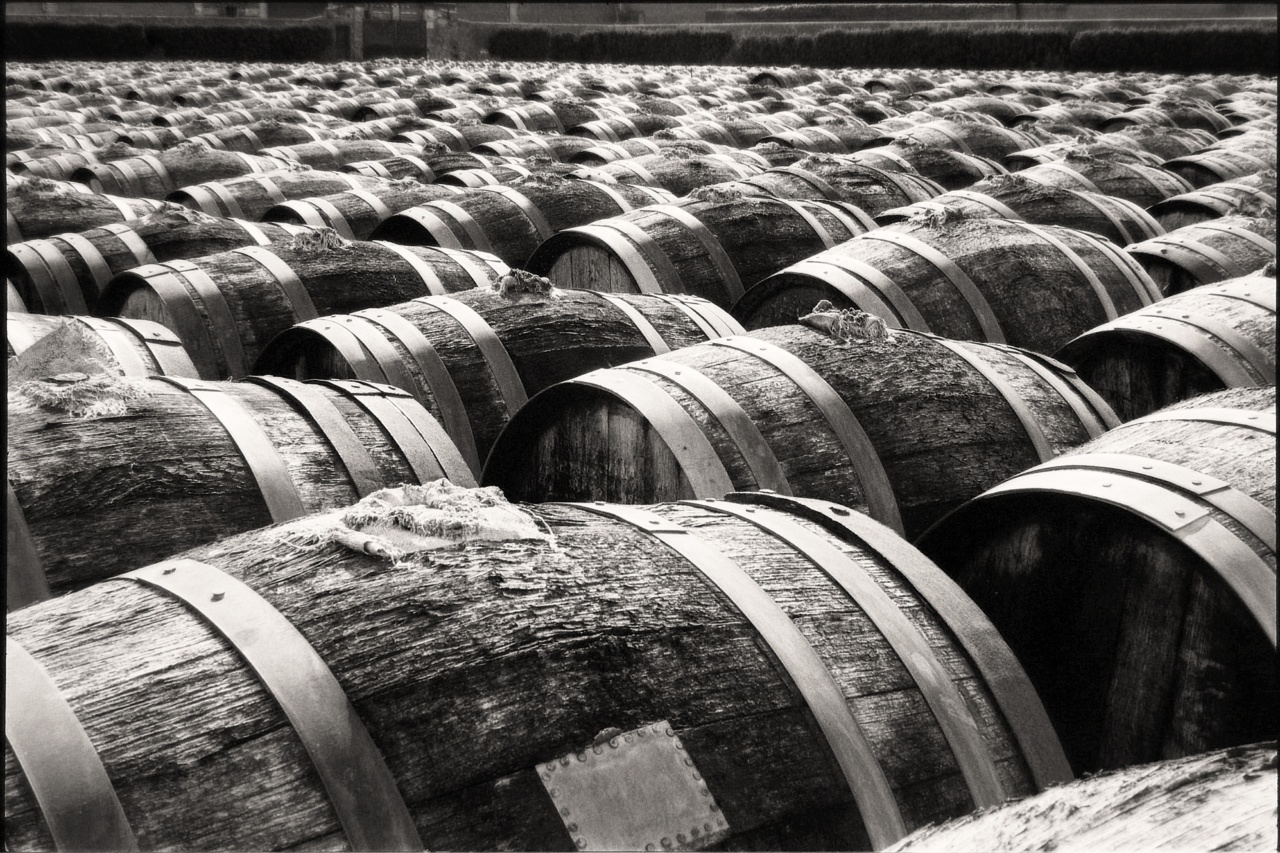Alcohol consumption has become a prevalent part of our social culture, with many individuals engaging in moderate or heavy drinking on a regular basis.
While alcohol has been linked to a range of health effects, including liver disease and cardiovascular problems, its association with cancer development is also a growing concern. Numerous studies have revealed a strong correlation between alcohol consumption and an increased risk of various types of cancer.
In this article, we will explore the impact of alcohol on cancer development and the underlying mechanisms behind this association.
Types of Cancer Associated with Alcohol Consumption
Research has consistently shown that excessive alcohol consumption is a major risk factor for several types of cancer.
1. Breast Cancer
One of the most well-established links between alcohol consumption and cancer is the increased risk of breast cancer in women.
Studies have consistently reported that women who consume more than two alcoholic drinks per day have a significantly higher risk of developing breast cancer compared to non-drinkers.
2. Liver Cancer
Excessive alcohol consumption is a leading cause of liver cancer, also known as hepatocellular carcinoma. Chronic alcohol abuse causes liver damage and inflammation, leading to the development of cancerous cells.
The risk of liver cancer is particularly high among heavy drinkers and individuals with pre-existing liver conditions, such as cirrhosis.
3. Colorectal Cancer
Regular alcohol consumption has been associated with an increased risk of colorectal cancer.
The exact mechanisms behind this association are not fully understood, but it is believed that alcohol may promote the growth of cancerous cells in the colon and rectum.
4. Head and Neck Cancers
Alcohol consumption plays a significant role in the development of head and neck cancers, including oral, throat, and esophageal cancers. The risk increases with the amount of alcohol consumed, as well as the duration of alcohol consumption.
Underlying Mechanisms
While the exact mechanisms linking alcohol consumption to cancer development are complex and not entirely known, several pathways have been identified.
1. Ethanol Metabolism
When alcohol is consumed, it is primarily metabolized in the liver by enzymes such as alcohol dehydrogenase (ADH) and cytochrome P450 2E1 (CYP2E1). These enzymes convert ethanol into acetaldehyde, a highly reactive and toxic compound.
Acetaldehyde damages DNA and proteins, leading to genetic mutations and impaired cellular function, which can ultimately result in cancer formation.
2. Oxidative Stress and Inflammation
Alcohol metabolism also generates reactive oxygen species (ROS), leading to oxidative stress and inflammation in various tissues. Prolonged exposure to ROS can cause DNA damage and mutations, promoting cancer development.
3. Nutritional Deficiencies
Heavy alcohol consumption can lead to nutritional deficiencies, particularly in vitamins A, C, D, and E, as well as folate and B vitamins.
These deficiencies compromise the body’s natural defenses against cancer, weaken the immune system, and hinder DNA repair mechanisms.
Protective Factors
While alcohol consumption is associated with an increased risk of cancer, it is important to note that the risk can be mitigated by certain lifestyle choices.
1. Moderate Drinking
Limiting alcohol consumption to moderate levels can significantly reduce the risk of developing alcohol-related cancers. Moderate drinking is defined as up to one standard drink per day for women and up to two standard drinks per day for men.
2. Healthy Diet
A nutritious and balanced diet, rich in fruits, vegetables, and whole grains, can help reduce the risk of cancer development. Such a diet provides essential vitamins, minerals, and antioxidants that support the body’s natural defense mechanisms.
3. Regular Exercise
Engaging in regular physical activity has been shown to reduce the risk of various types of cancer. Exercise helps maintain a healthy body weight, improves metabolism, and enhances immune function.
Conclusion
The impact of alcohol on cancer development cannot be ignored. Excessive alcohol consumption is strongly associated with an increased risk of several types of cancer, including breast, liver, colorectal, and head and neck cancers.
The mechanisms linking alcohol to cancer involve ethanol metabolism, oxidative stress, inflammation, and nutritional deficiencies. By adopting a moderate drinking approach and incorporating a healthy lifestyle with a balanced diet and regular exercise, individuals can minimize their risk of alcohol-related cancers and improve overall health and well-being.


























